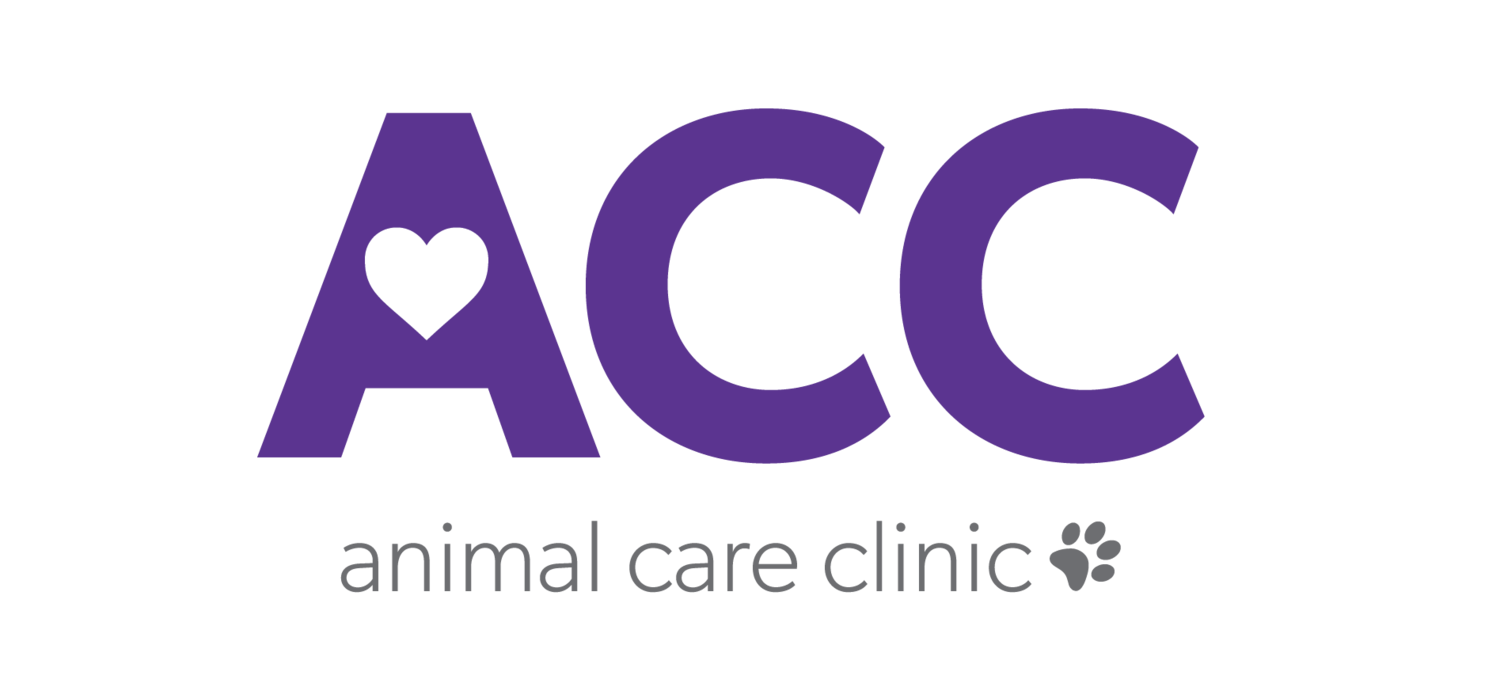Any cat owner cares about the health and happiness of their cat. But, one aspect often overlooked is dental care. Dental health in cats is important and neglecting it can lead to oral diseases.
Dental Disease in Cats
Dental disease in cats is a common condition that can cause discomfort and serious health complications. It typically begins when plaque builds up on the teeth. If not addressed quickly, this plaque can develop into tartar, leading to gum inflammation, also known as gingivitis. If the inflammation continues, it can progress into periodontal disease, causing irreversible damage to the mouth, including bone loss. Long-term impacts can include difficulty in eating, tooth loss, abscess formation, and even potential effects on the heart and kidneys.
Importance of Regular Dental Cleaning
Do cats need dental cleaning?
When it comes to your cat's oral health, prevention is better than cure. Regular dental cleanings are necessary. Dental cleanings primarily remove the plaque and tartar buildup that home brushing might miss, thereby preventing gum disease. Furthermore, dental cleanings provide an opportunity for a thorough oral examination to catch early signs of potential health issues, thereby improving a cat's overall well-being.
How Often Do Cats Need Dental Cleaning?
Addressing the question, "How often do cats need dental cleaning?" is not a one-size-fits-all answer. The frequency of dental cleanings can vary, contingent on numerous factors such as the cat's age, breed, diet, and overall health. For instance, older cats or cats with dental problems may require more frequent cleanings. Your veterinarian is the best resource for personalized advice on how often your cat should have its teeth cleaned.
Signs Your Cat May Need a Dental Cleaning
Aside from regular dental cleanings, observing your cat for signs that may indicate the need for immediate dental attention is necessary. These signs include:
Bad Breath: While it's not true that pets naturally have bad breath, a distinctly unpleasant odor could be more than just the result of your cat's tuna dinner. Consider it an early warning sign of potential dental issues, including bacterial overgrowth, tooth decay, or oral infections.
Visible Tartar Buildup: Tartar, a form of hardened dental plaque, often shows as yellow or brown deposits on the teeth, particularly near the gum line. Not only is tartar unattractive, but it's also a stronghold for bacteria, potentially leading to bigger dental problems if left unaddressed.
Red Gums: Healthy gums are typically firm and pink. However, if your cat's gums appear red, swollen, or bleed, it might indicate gingivitis or other periodontal diseases.
If you notice these symptoms in your cat, consult a veterinarian. Prompt intervention can improve your cat's oral health, comfort, and overall quality of life.
What Does a Cat Dental Cleaning Involve?
What happens, and how long does a cat's dental cleaning take? A typical cat dental cleaning involves several steps:
Anesthesia: This is the first step. It ensures your cat stays calm and allows the vet to carry out the procedure safely.
Oral Examination: The vet thoroughly checks your cat's mouth for signs of disease or infection.
Dental Scaling: The vet carefully removes tartar from your cat's teeth above and under the gum line. This step is essential to prevent gum disease.
Polishing: The vet polishes your cat's teeth to smooth out any tiny rough spots caused by scaling. Polishing helps to prevent bacteria from sticking to the teeth.
Individual Tooth Check: The vet examines each tooth carefully for signs of disease or damage. They may also use dental radiographs to examine the teeth and the bone underneath more closely.
Remember, the time it takes for a dental cleaning can vary depending on your cat's oral health condition and whether additional procedures like extractions are needed. Discussing any concerns or questions you have with your vet is always a good idea. They help you and your cat maintain the best possible health.
The Aftercare Post-Dental Cleaning
After a dental cleaning, your cat might feel groggy from the anesthesia. Providing a quiet space for them to rest and recover is necessary. Your vet may prescribe pain medication or antibiotics if required. Soft food might be recommended for a few days post-procedure if your cat's gums are sensitive or if any teeth were extracted.
Maintaining Good Dental Health for Your Cat
Routine dental cleanings are important in preserving your cat's overall health. Dental health is just as essential in cats as it is in humans. Being proactive about your cat's oral hygiene routine is a responsibility and a commitment to their longevity and well-being.
Remember, the signs of dental problems are often subtle. Therefore, look for symptoms like bad breath, visible tartar buildup, and inflamed gums. Should these signs show, don't hesitate to seek a veterinary consultation.
Your cat cannot express its discomfort or pain in words, and it falls upon you to ensure its health and happiness. Investing in regular dental cleanings and providing the necessary care and attention can significantly improve its quality of life. Call us today to schedule an appointment.

